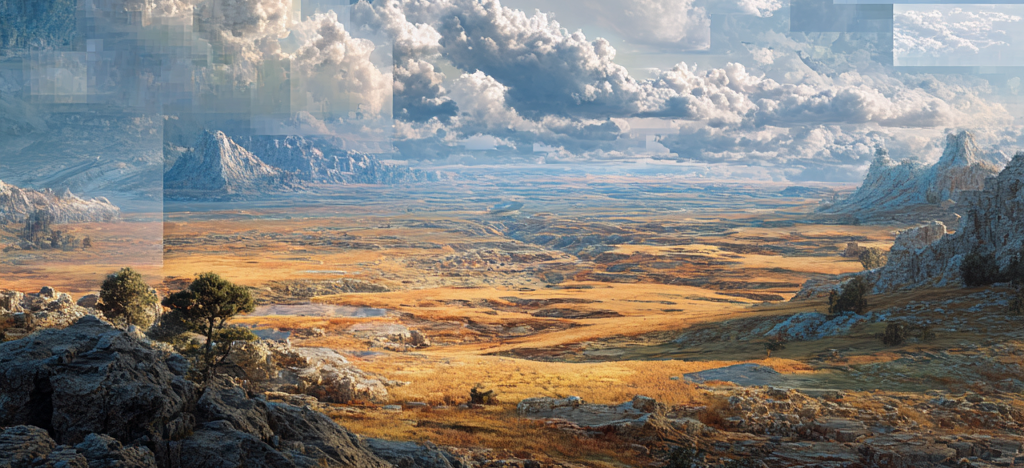AI isn’t approaching, it’s already reshaping our world. While some embrace it as a creative partner for problem-solving, others hesitate, uncertain about its implications or waiting for clearer signals about what comes next.
This uncertainty creates opportunity. The future belongs to those who engage with this transformation now, while others stand on the sidelines. As AI reshapes entire industries, certain roles will evolve dramatically. Others will become obsolete. Leaders and designers who thrive will be those who master critical thinking, creative problem-solving, and the art of human-AI collaboration.
The Timeless Skills in a New Context
Here’s what hasn’t changed: the most valuable professionals have always been those who think critically, solve problems strategically, and communicate clearly. Whether it was the rise of personal computers, the internet, or mobile technology, the fundamentals of good thinking have remained constant.
What’s different now is the speed and scale at which we can execute on good thinking. AI excels at pattern recognition and rapid iteration, but it still requires human insight to identify the right problems, provide context, and guide solutions toward real impact. The same strategic thinking that helped leaders navigate previous technological shifts is exactly what’s needed now.
This isn’t about humans versus machines, it’s about humans with machines. The most powerful combination pairs AI’s computational strength with the timeless human skills of judgment, creativity, and understanding of complex human needs. Those who thrived before AI were those who could see the bigger picture, ask the right questions, and translate complex ideas into actionable solutions. Those same capabilities are what separate effective AI collaborators from those who simply generate outputs.
Your Path Forward
Success in this new landscape requires active engagement, but getting started doesn’t have to be daunting or expensive:
Start small and cheap. The barrier to entry has never been lower. Subscribe to AI-focused subreddits like r/ChatGPT, r/PromptEngineering, or r/AI_Agents. Follow newsletters like TLDR AI that distill the latest developments into digestible updates. Spend a few minutes each day during downtime—your commute, lunch break, or evening wind-down, exploring what’s happening in this space.
Master the fundamentals of prompting. Remember: Quality In, Quality Out. The precision of your prompts directly influences the value of AI responses. Learn to be specific about context, desired format, and expected outcomes. Want tips? Ask AI for help in framing the best prompts – a well-crafted prompt can mean the difference between generic output and genuinely useful insights.
Embrace the uncertainty. This technology is evolving at breakneck speed, and even the experts are figuring it out as they go. If it feels overwhelming or hard to pin down, that’s completely normal. We’re all in a formative, creative moment together—none of us has the complete playbook yet.
Experiment relentlessly. Don’t wait for perfect understanding. Test AI tools on low-stakes projects, try a little consistently over time. Learn their strengths, limitations, and quirks through direct experience rather than theoretical study.
Maintain intellectual curiosity. Approach AI as a thinking partner, not a replacement for thinking. Ask better questions, challenge outputs, and push for deeper insights.
Cultivate optimism without naivety. Recognize both the tremendous potential and the real challenges ahead. Focus on what you can control—your own adaptation and growth.
The choice is yours: ride the wave of transformation or risk being overwhelmed by it. Those who choose engagement over avoidance, curiosity over fear, and partnership over resistance will find themselves not just surviving this shift, but leading it.
Remember, everyone is learning together right now. This isn’t about becoming an expert overnight, it’s about staying curious and taking small steps forward while the landscape continues to evolve around us.
The question isn’t whether AI will change your work—it’s whether you’ll be ready when it does.
